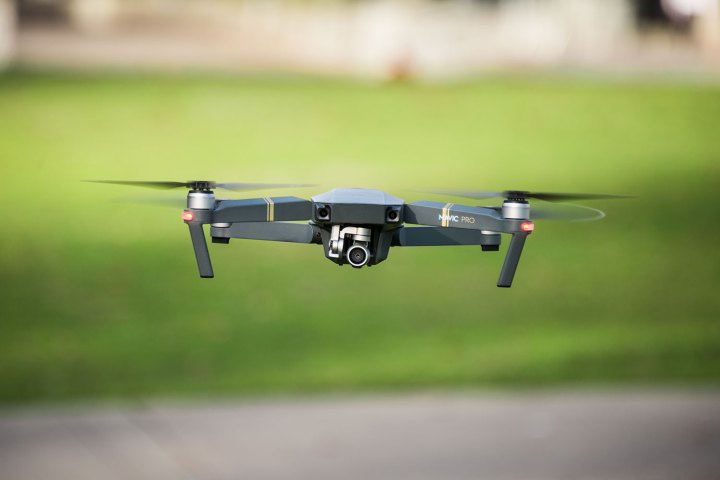
The proposal comes amid mounting concern over safety in the skies, with more than 50 reports in the last year of near misses with commercial aircraft in British airspace, with two particularly serious incidents reported in just the last few months.
Other measures being proposed by the Department of Transport in its 58-page document include the setting up of a registry of owners, similar to the one launched by the Federal Aviation Administration (FAA) in December 2015.
In the U.S., both professional and non-professional drone pilots have to register their machine if it weighs more than 0.55 pounds (250 grams), while only professional owners have to take a written test to prove their knowledge of flight safety. However, the proposals set out by the British government suggest everyone with a drone weighing more than 0.55 pounds will have to take a written examination described in the document as a “knowledge or situational awareness test.”
The government said in its consultation paper that “the safety of other airspace users and the general public is dependent on leisure drone users adhering to the rules and understanding the risks.”
The paper also discusses the idea of an electronic ID system to keep track of a drone’s location, and the mandatory use of an app that provides owners with information on known hazards in an area where they want to fly.
U.K. lawmakers are also considering introducing tougher punishments for anyone caught flying their drone in no-fly zones such as airports and prisons, and could increase maximum financial penalties that currently stand at £2,500 (about $3,100).
As in the U.S., British drone owners already face plenty of restrictions on where and how they can fly their machine. For example, drones have to be kept within the line of sight of the operator and mustn’t be flown within 50 meters of crowds and buildings.
Industry experts will now offer their views on the government’s proposals to help it build a final set of rules that could eventually become law.
In the U.S., the FAA launched new regulations for professional drone pilots in August, with the agency revealing this week that almost 23,000 people have so far registered to operate a drone commercially. Meanwhile, consumer and commercial registrations combined recently topped half a million after the FAA launched the registry a year ago.
The FAA says the database serves “to foster a greater awareness on the part of users to learn the rules about flying safely” in U.S. airspace, and also helps the authorities to quickly trace ownership of a quadcopter or similar flying machine in the event of an incident.


